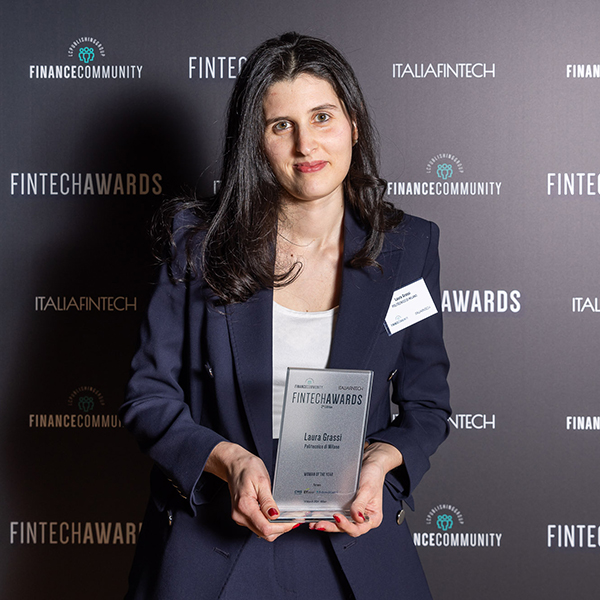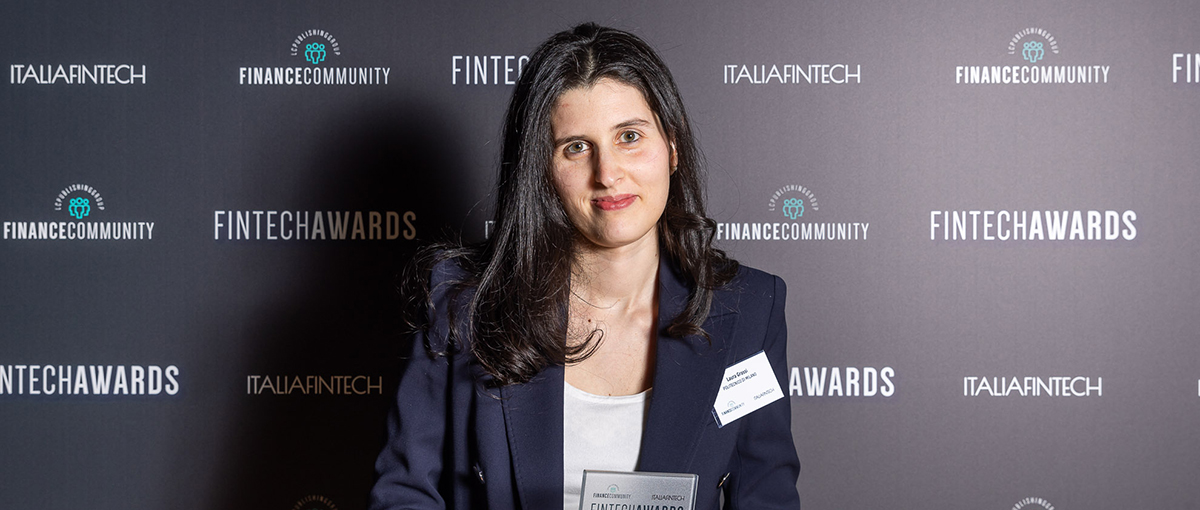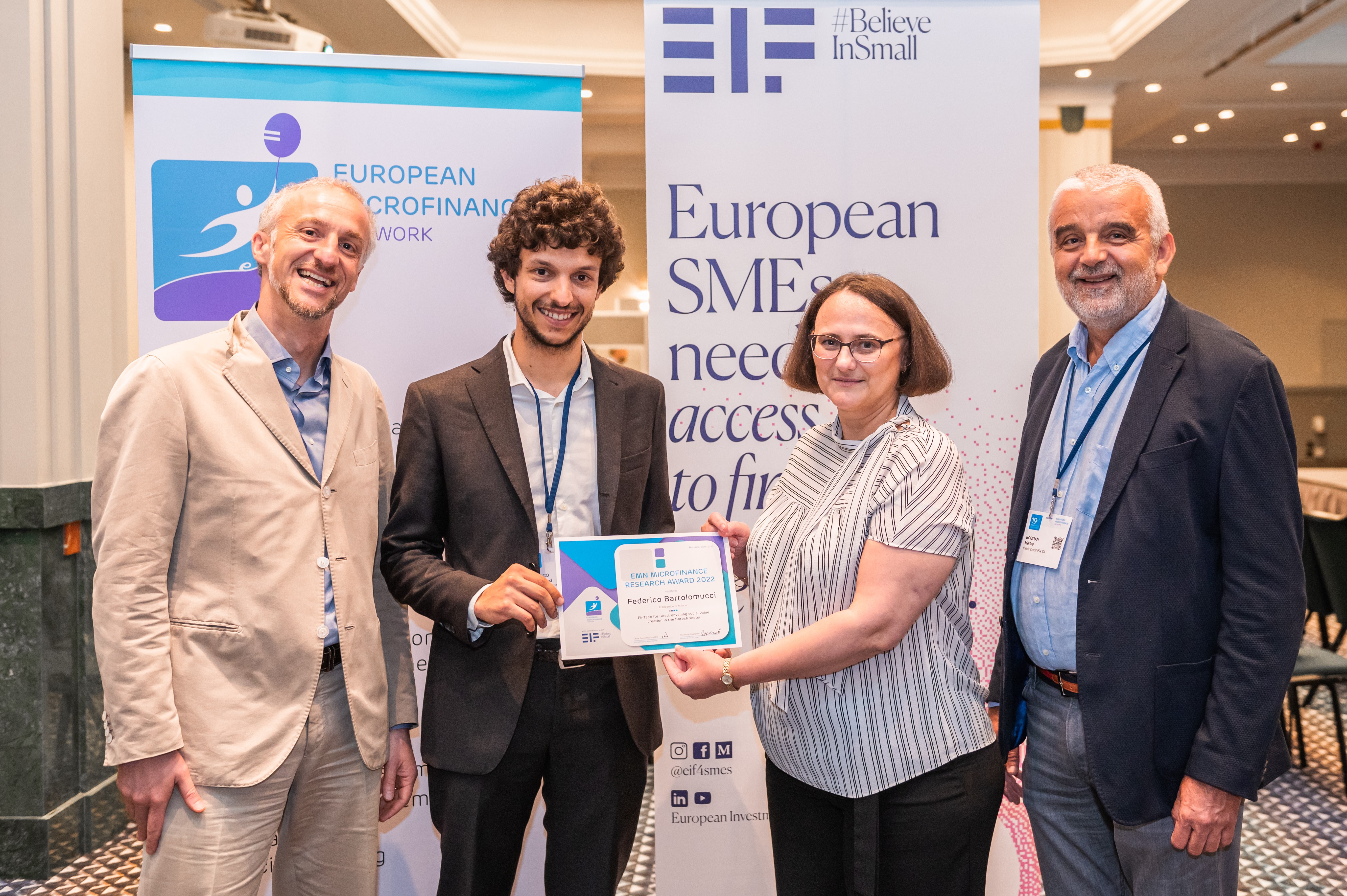Grow at any cost or pursue sustainability? FinTech start-ups face a crucial choice: raise funds to scale quickly or focus on profitability. A new study analyses how funding affects break-even, offering valuable insights for investors and founders.
FinTech startups are a driving force of innovation and competition in the financial sector. However, reaching break-even – the point at which revenue covers costs – is a crucial challenge for their sustainability and growth.
The study “Predicting break-even in FinTech startups as a signal for success”, conducted by Claudio Garitta and Laura Grassi from the POLIMI School of Management and published in Finance Research Letters, examines the impact of funding on break-even, providing valuable insights for investors, partners and founders.
Funding and Sustainability
Securing new capital is often a necessity for startups, not only to obtain financial resources but also to access expertise and strategic networks. However, the research highlights that FinTech startups receiving venture capital investments (funds specializing in startups) are less likely to reach break-even compared to those that grow without external support. This phenomenon can be attributed to several factors:
- Focus on growth vs. profitability → External capital brings expectations of rapid growth and a longer time horizon, often at the expense of short-term financial sustainability.
- Less rigorous financial management → The pressure to scale quickly may delay the adoption of structured financial management practices.
- Impact of fundraising negotiations → Seeking investors requires complex and often prolonged negotiations, slowing down operational activities. In the early stages, founders must simultaneously manage product development, sales, and fundraising with limited resources.
Break-even: A Market and Partnership Signal
In the startup ecosystem, and particularly in financial services, break-even is not just an internal milestone but also a key signal for investors and potential industrial partners. Achieving it indicates a sustainable business model, reducing perceived risk and increasing opportunities for collaboration with financial intermediaries and established companies.
Conclusions and Implications
These findings do not suggest that external funding is an obstacle but rather emphasize the need for a balance between growth and sustainability. For investors and partners, understanding the relationship between funding and break-even is essential to evaluate not only a startup’s growth potential but also its ability to generate value in the present.
More details: Predicting break-even in FinTech startups as a signal for success



















